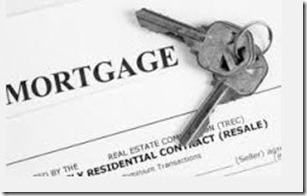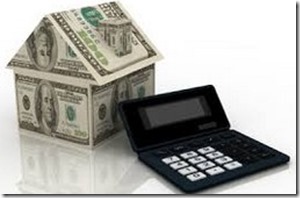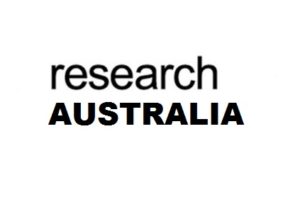Buying your first home in any of Australia’s major cities is a difficult task. From getting your finance approval, finding a home that will suit your needs, competing with other buyers and investors at auction and most importantly not paying too much for a property.
For an inexperienced buyer, it is normal for the buying process to take up to six months to a year. We look at the top ten tips to shortening your time on market and getting your weekends back, to save you money.
Tip 1. Finance Pre Approval.
Having your finances in check empowers the buyer to not spend time looking at the wrong area in the wrong price range. It also gives you a negotiating ceiling so you know when to walk away if things get too heated.
Tip 2. Do Your Research.
Understanding what a similar property sells for in a similar area is vital to knowing the market value. When you see something you like, check a similar spec property that has sold in the last three months. This will help you spend your time wisely, on the right property.
Tip 3. Building Inspection.
Once you have successfully completed step 1 & 2 and you have found a house you like. It is important to do a building and pest inspection to make sure your not buying a maintenance nightmare. A typical building inspection can cost anywhere between $550 to $850. It is a worthwhile investment and will help reduce the chance of buyer’s remorse once the property negotiating is done.
Tip 4. Seek assistance in negotiating.
Real estate agents are negotiating pros. An average agent will sell one property each week where an average buyer might only purchase a house once every ten years. Different negotiating tactics apply to different real estate markets.
Buyer’s agents (https://wiserealestateadvice.com.au/home-buyers-agent/) are real estate agents for hire, they serve only the buyer and are employed to get you the best price and selling terms. To save a few dollars, find a buyer’s agent that offers a negotiating-only plan rather than a fully serviced plan. This should save you thousands.
Tip 5. Compromise your criteria for success.
If you keep losing auctions, it is better to adjust your criteria to give you more buying power. For instance, choose a property that may need a light renovation, a three bedroom property instead of a four bedroom property, smaller land allotment or peg back a suburb away from the CBD.
Tip 6. Government Grants.
First homeowner’s grants are a great help to minimizing some of the overheads when it comes to buying a property. To check if you are eligible, visit the state revenue office website for more information.
Tip 7. Conveyancers
You will need to hire a conveyancer to complete your sale. They will ensure all the conditions in a contract are fulfilled and make sure everything is legally signed over into your name. Normally they cost around $1000 per property purchase.
It is wise to get the contract of sale read over by your conveyancer prior to signing any contact of sale. A good conveyancer will provide this service free of charge and warn you of any risky conditions.
Tip 8. Add Clauses To Your Written Offer.
When submitting an offer on a property, every buyer has the right to add protection clauses to reduce their risk when buying. For instance, a ‘subject to finance’ clause or a ‘building-inspection clause’. These clauses can be like a ‘get-out-of-jail-free’ card if something goes wrong.
Tip 9. Don’t give agents verbal offers.
Always negotiate in writing using a Contact of Sale and Section 32’s. This process makes sure the vendor / seller visually sees your offer and responds back in writing using a counter-offer tactic rather than trusting the real estate agent’s story.
Tip 10. Never disclose your budget.
Keeping this secret is your key to saving money on a property negotiation https://wiserealestateadvice.com.au/negotiating-property-price/
Real estate agents highly skilled with negotiating strategies and know how to increase an offer if they know how far they can go. If the agent is kept in the dark they are less likely to empty an unsuspecting buyer’s pockets.



















